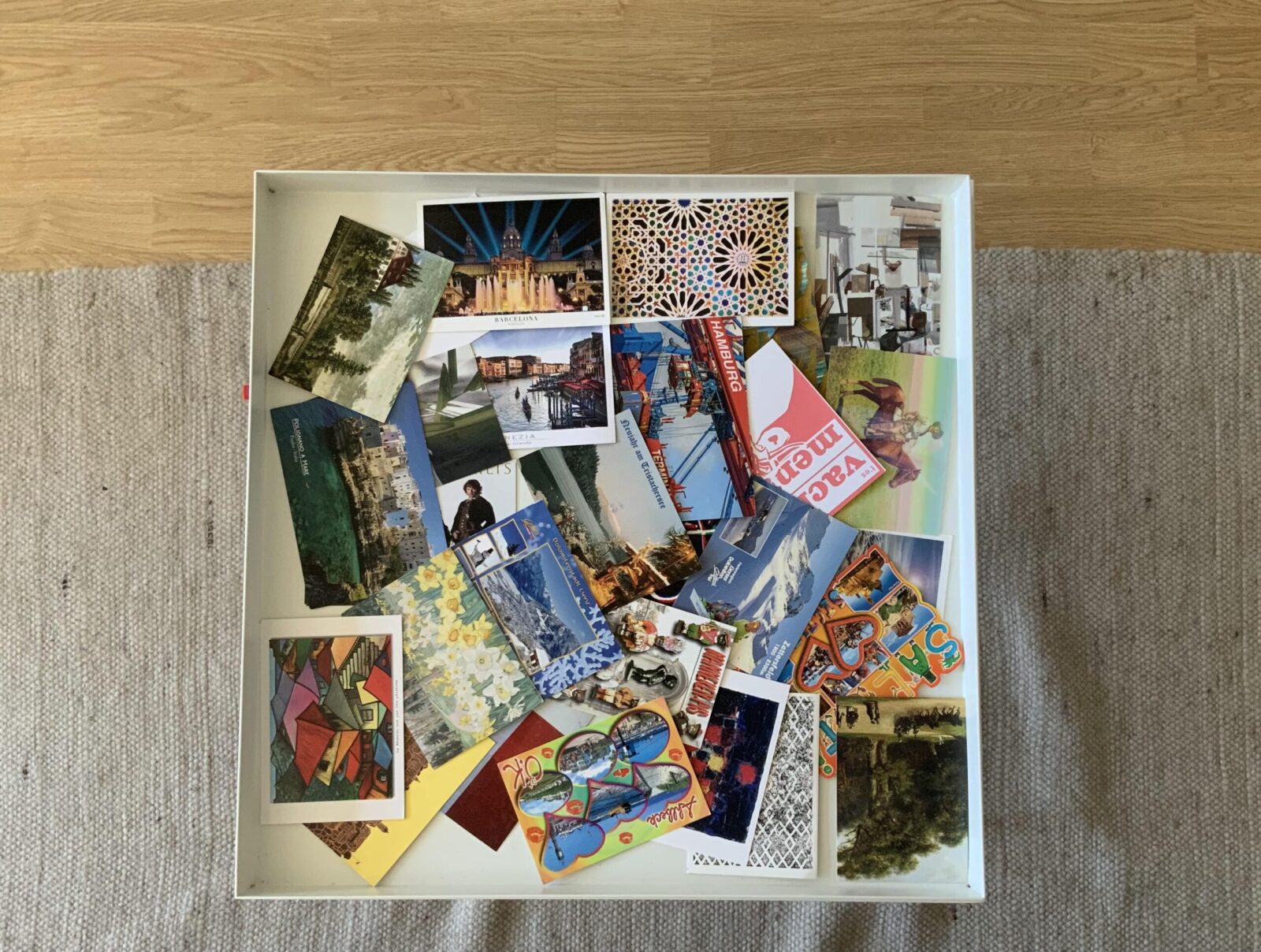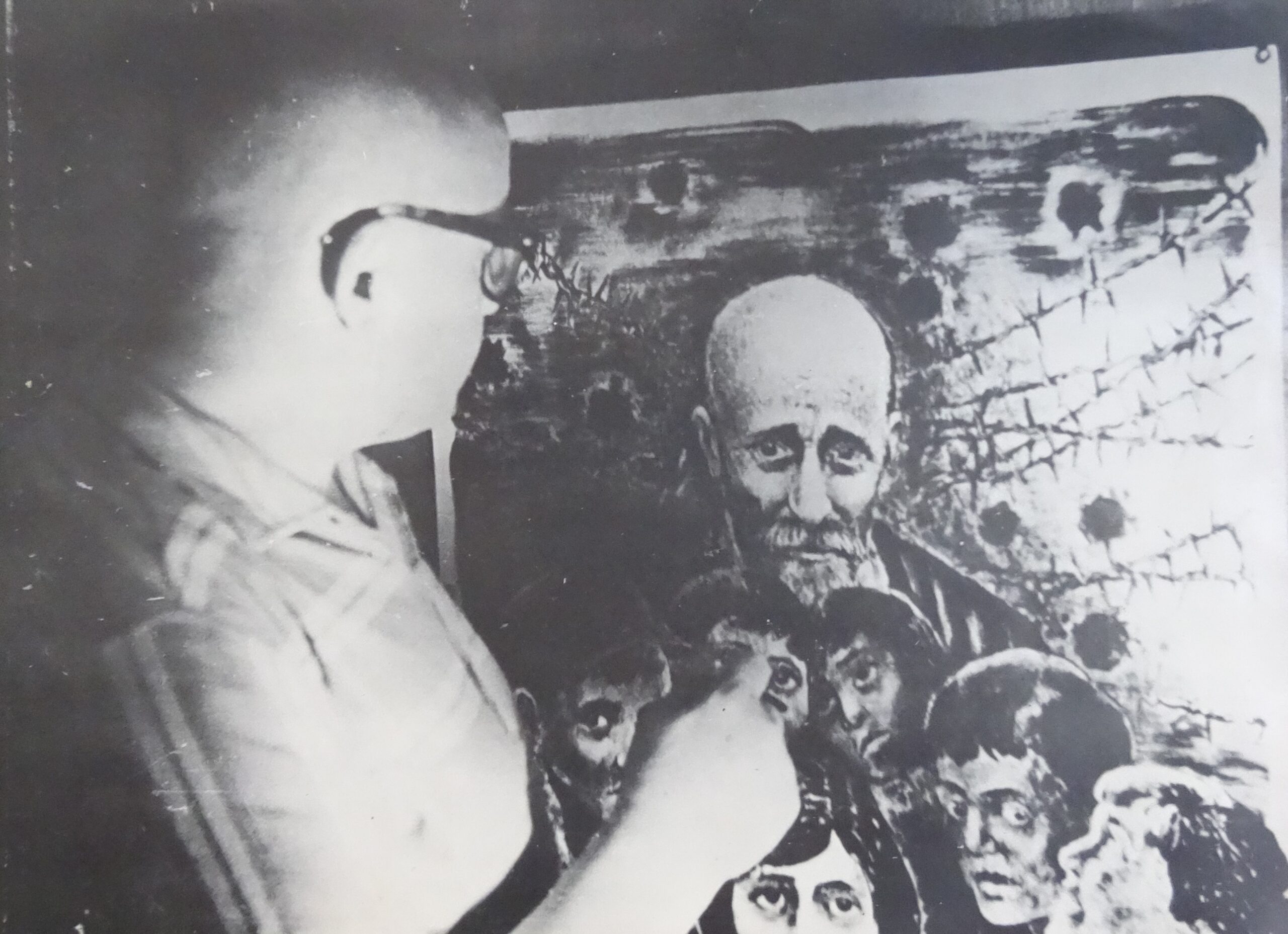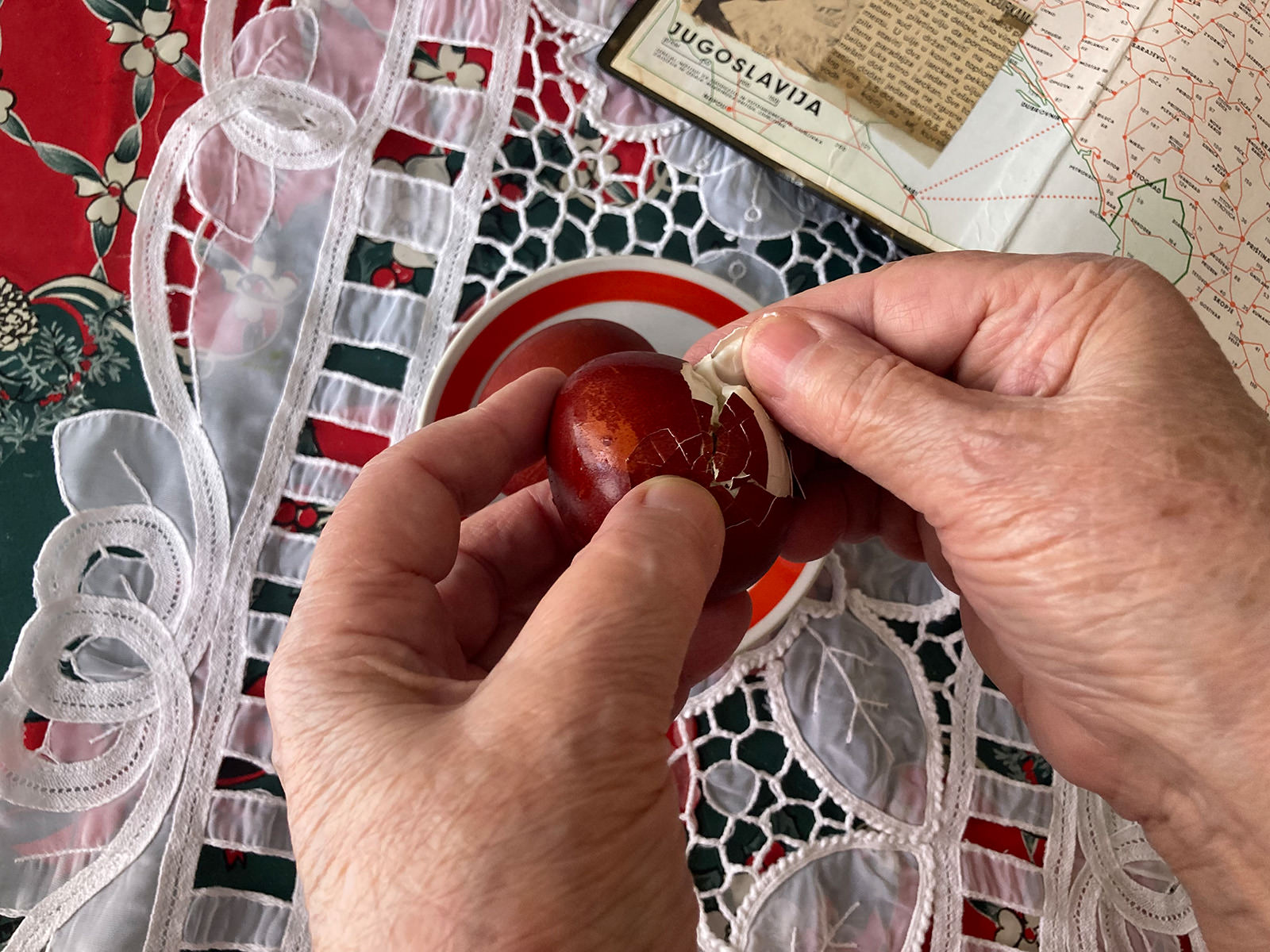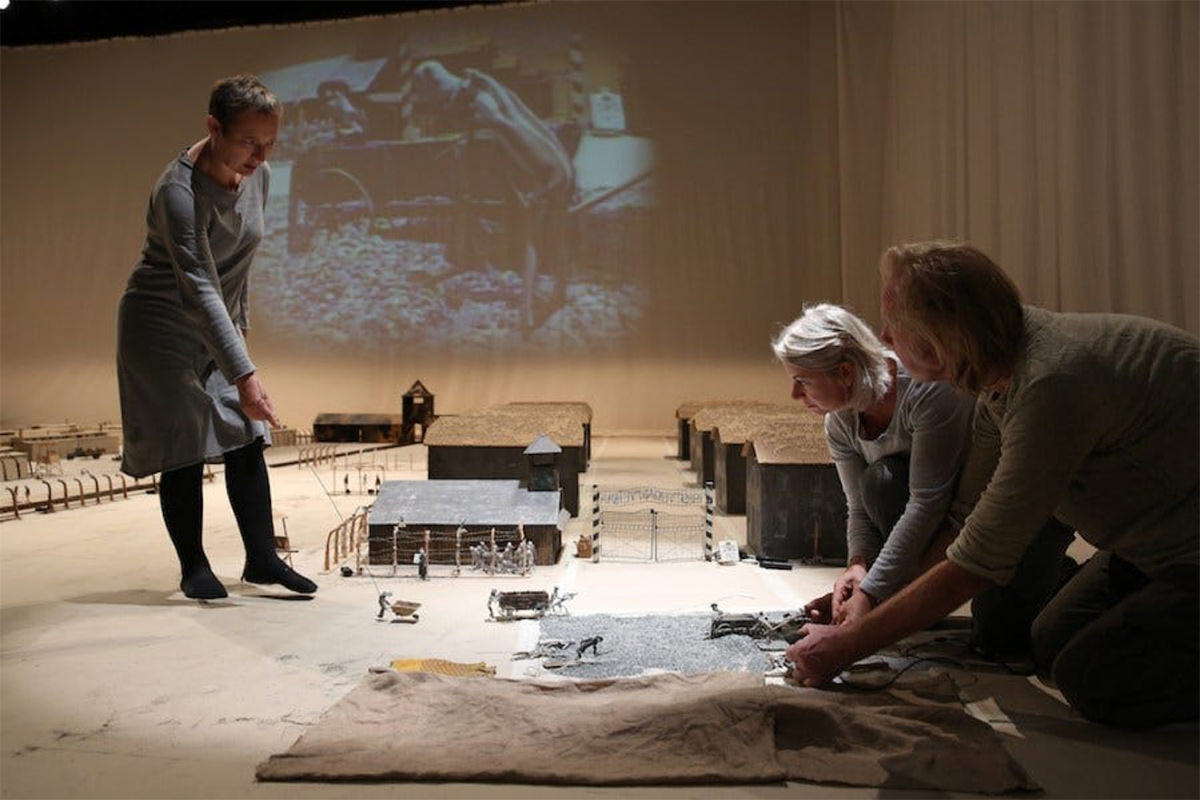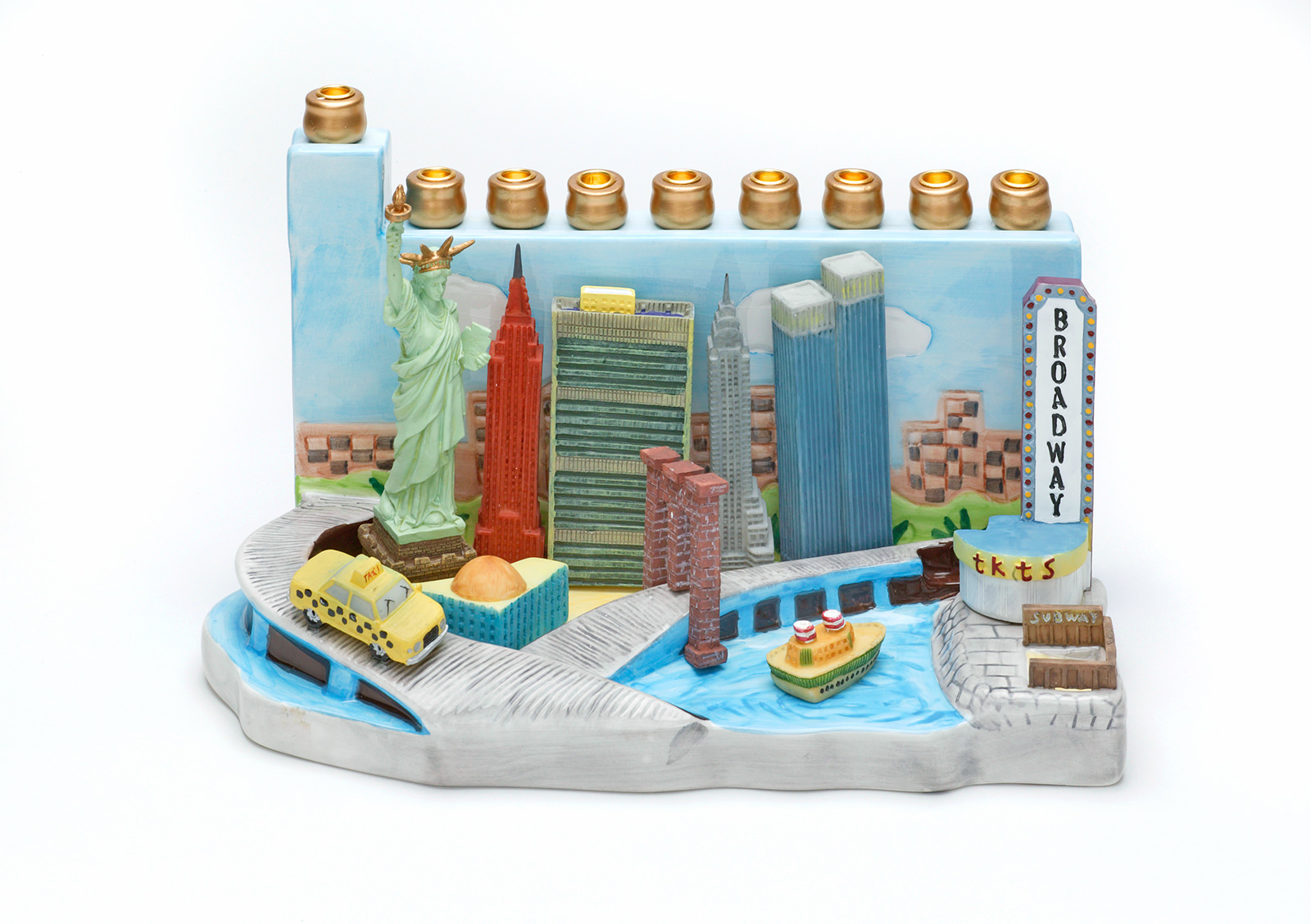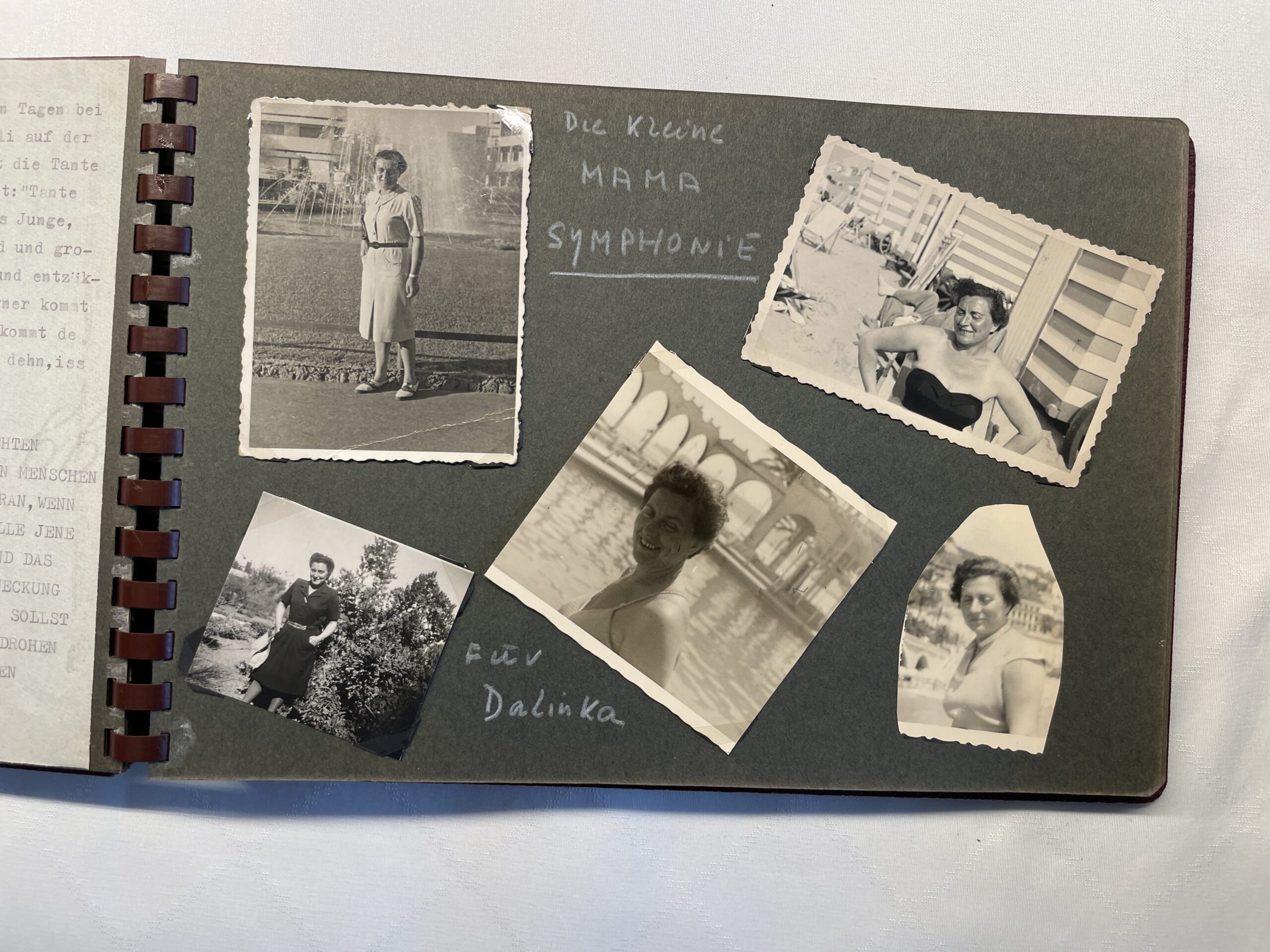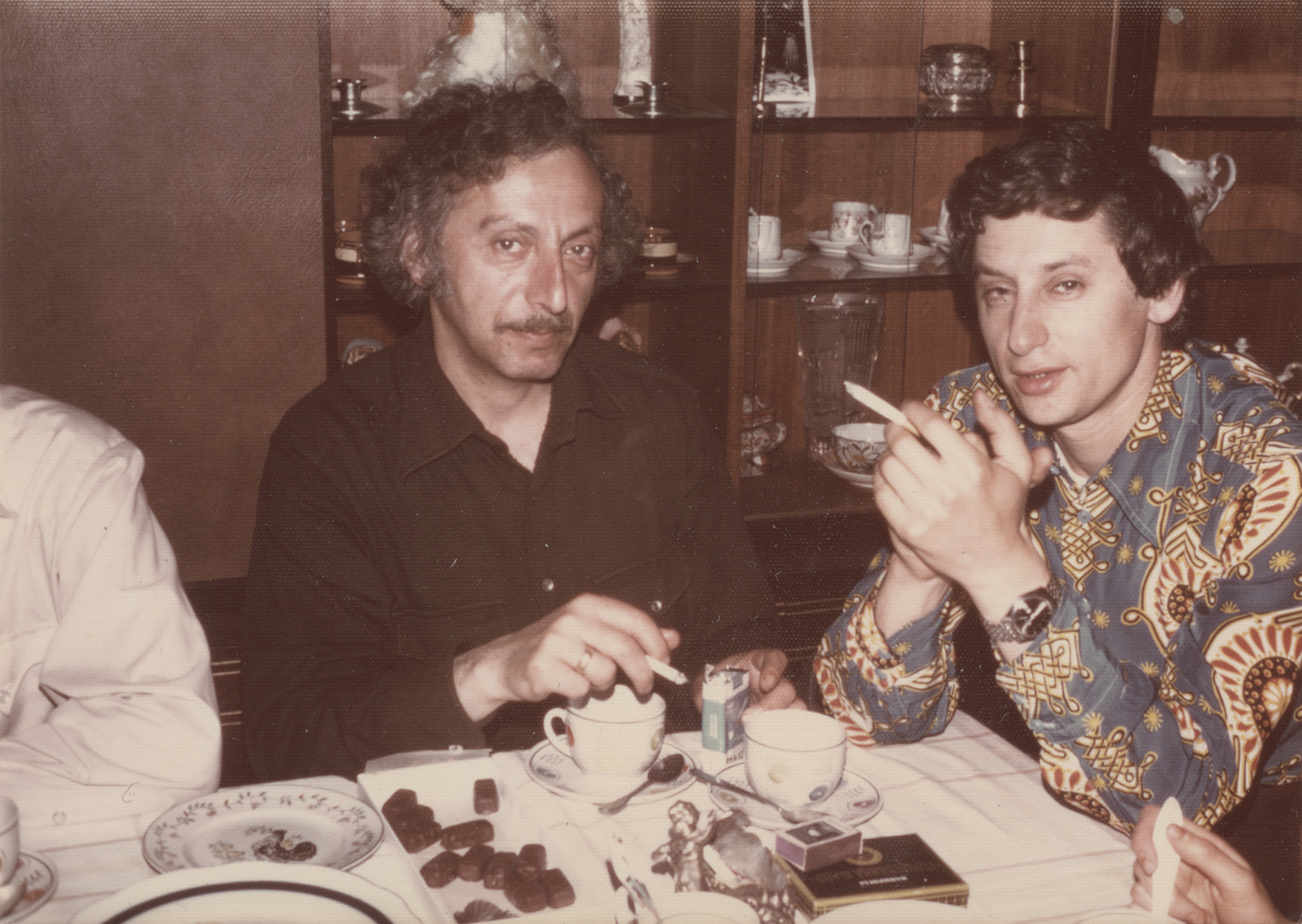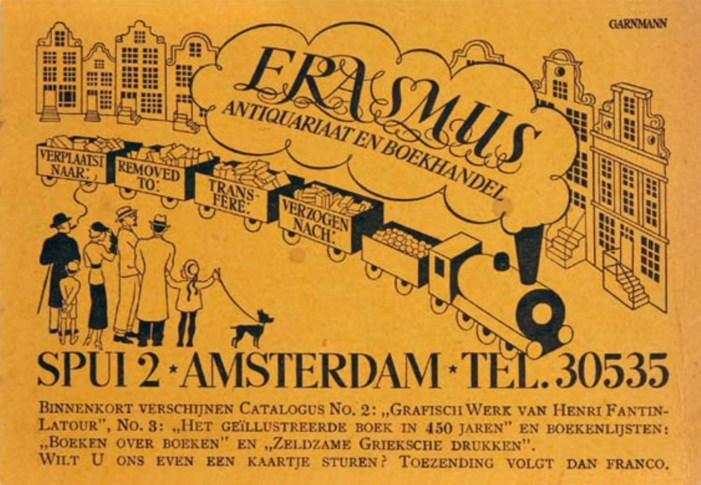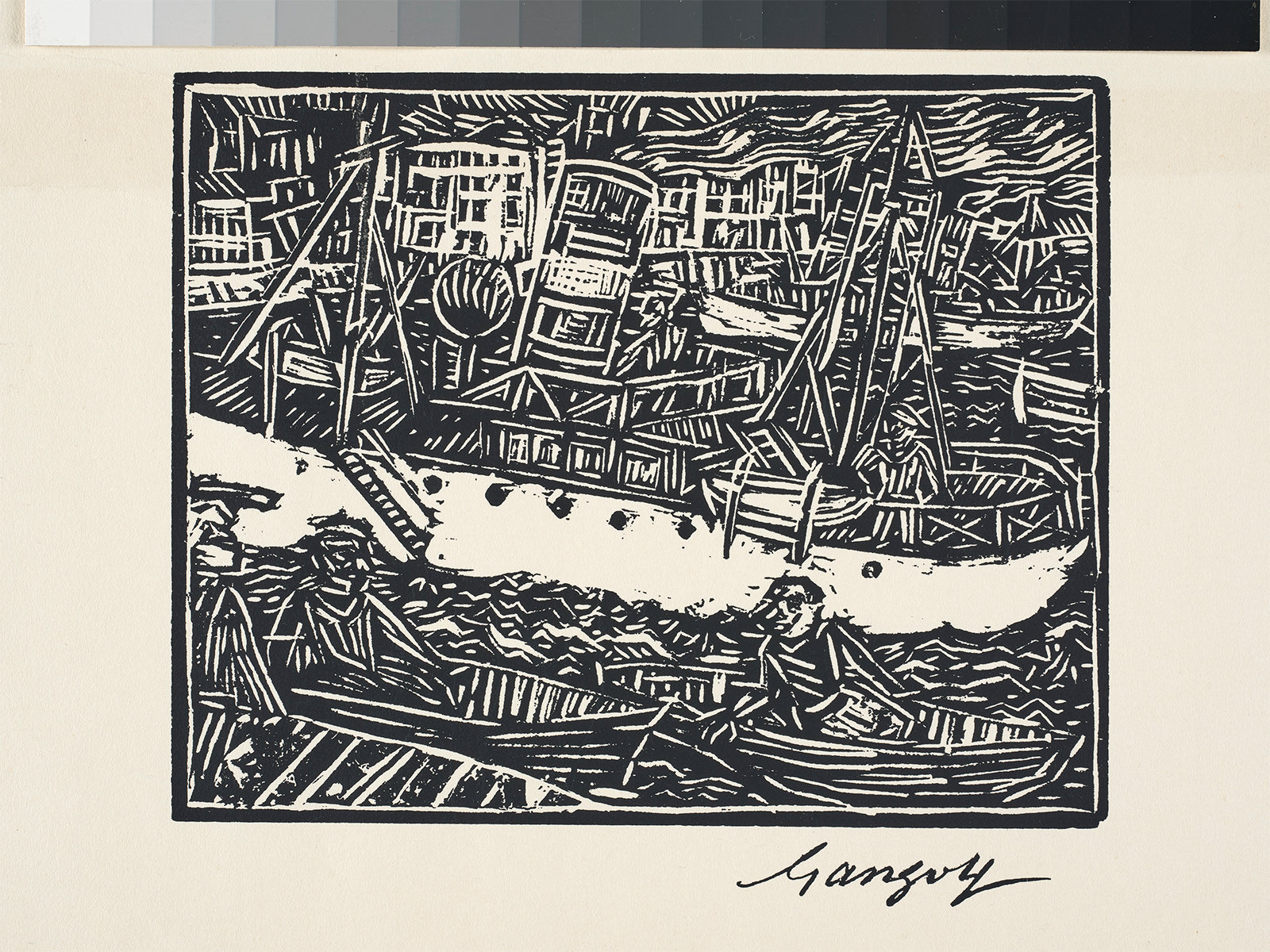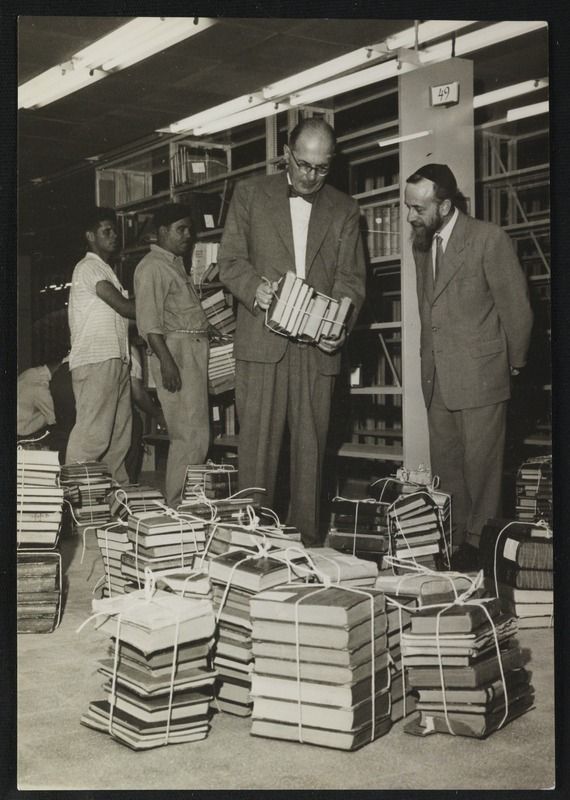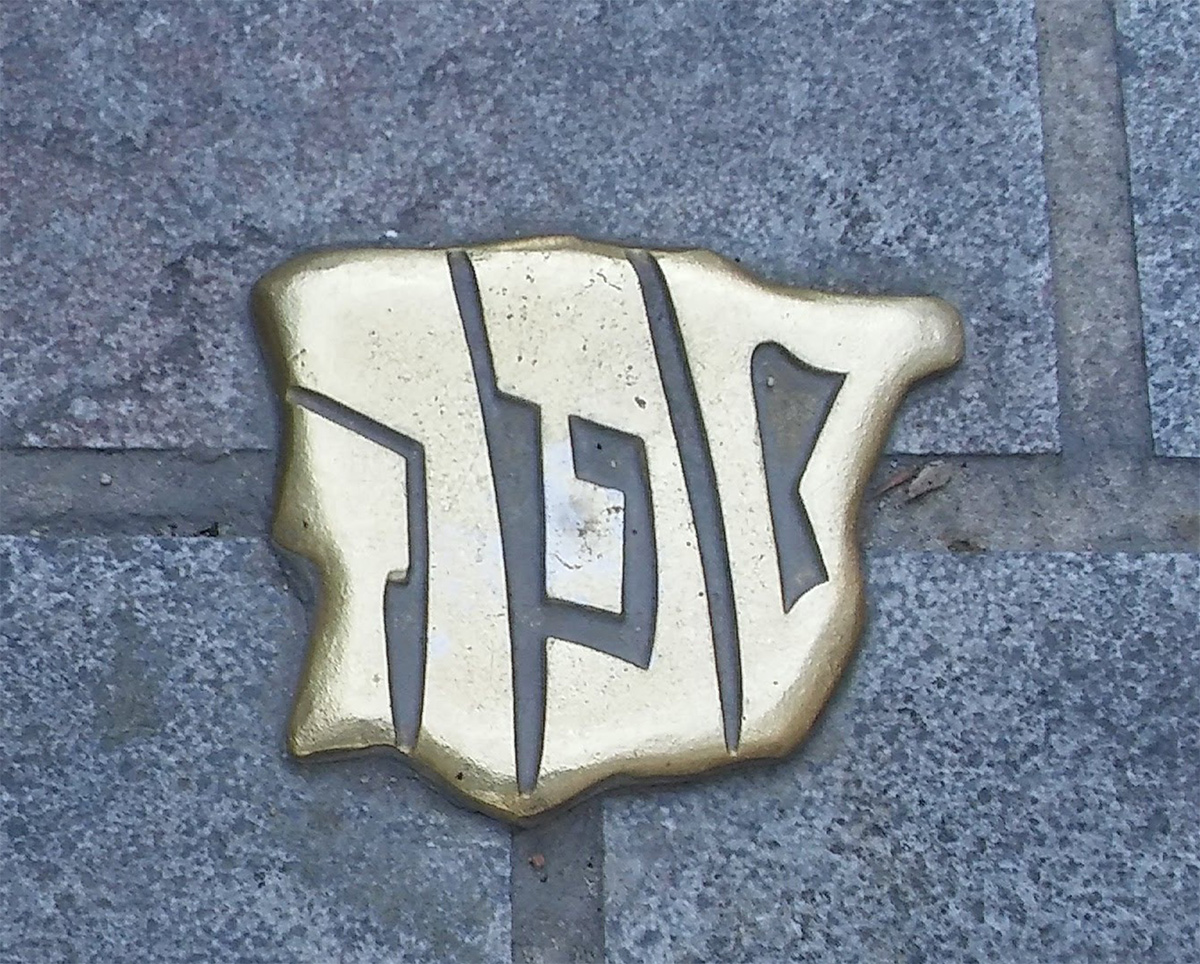
Materializing Memory and Sanctifying Place – Jewish Sephardic Heritage in Contemporary Spain

Threads of Identity – The Evolution of Israeli Fashion and the Attempt to Create a National Dress
The Written Silent, the Visible Absence, and the Text in the Written after 1945 – Materiality of Catastrophe, Exile and Belonging in Barbara Honigmann’s Writings
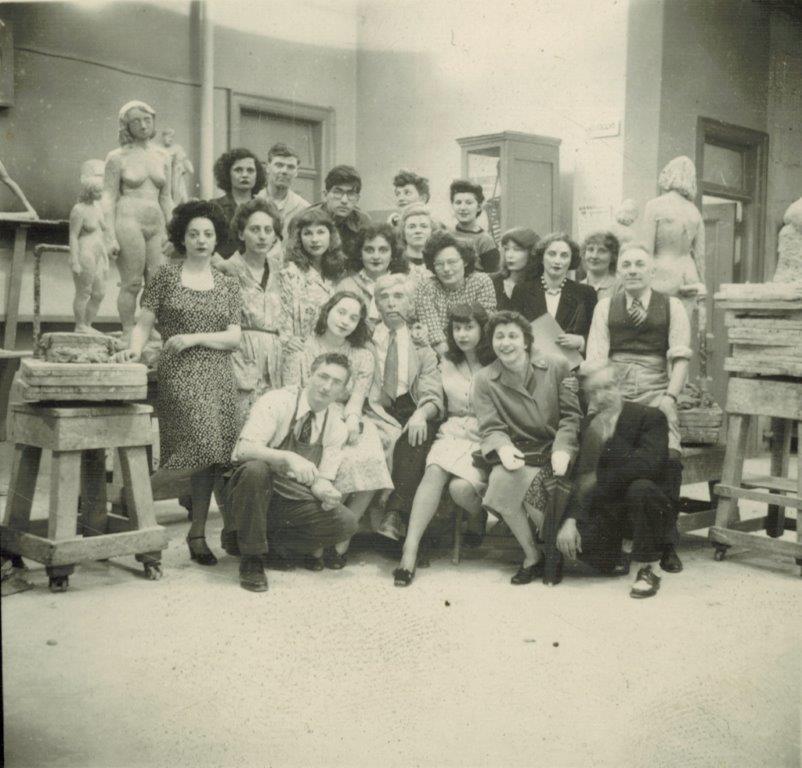
Processing Loss and Fostering Resilience – Jewish and Female Sculptural Strategies of Coping with the 20th Century
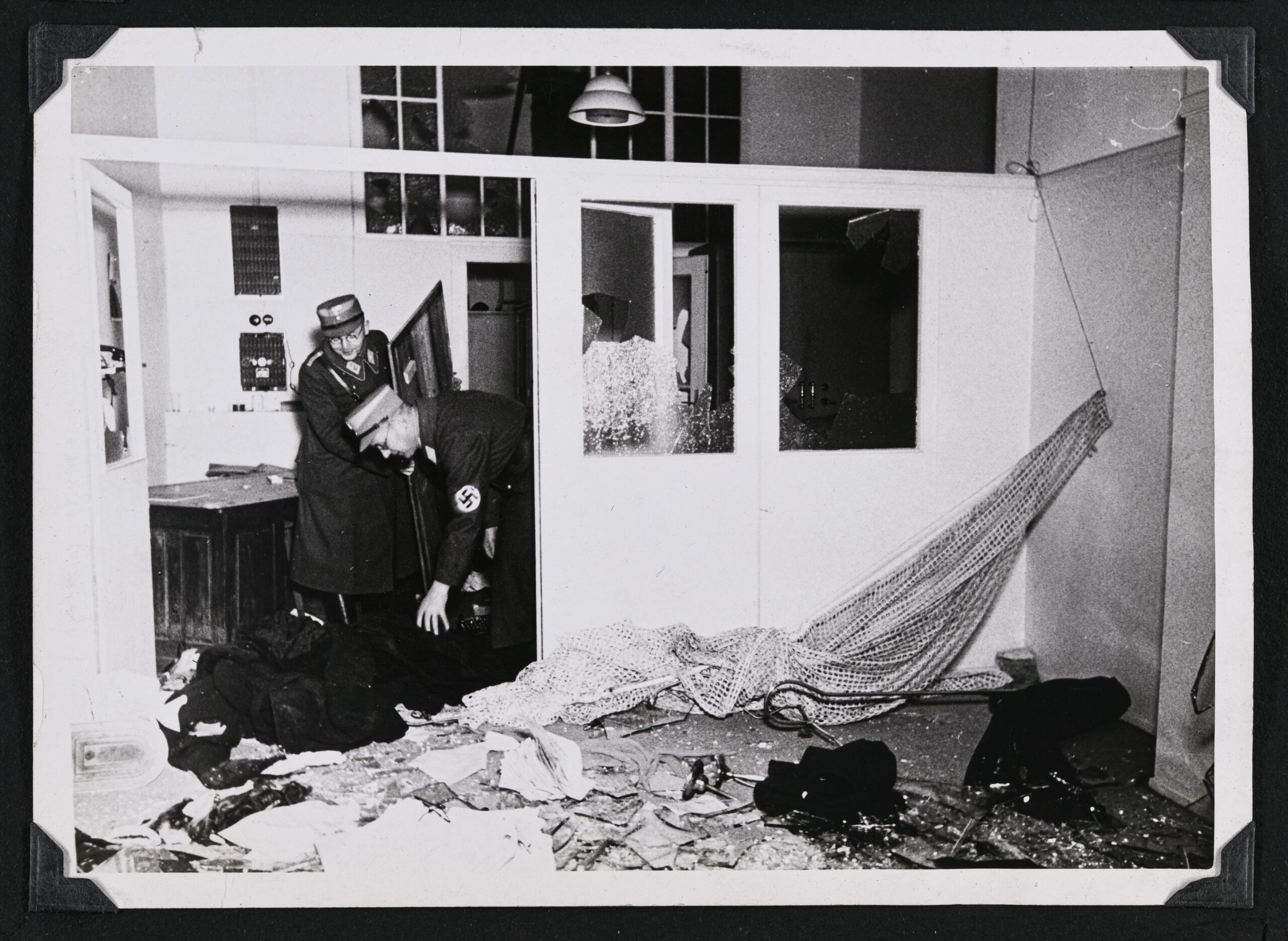
“Home was not Home anymore.” The Destruction of Private Jewish Living Spaces in the November Pogroms of 1938
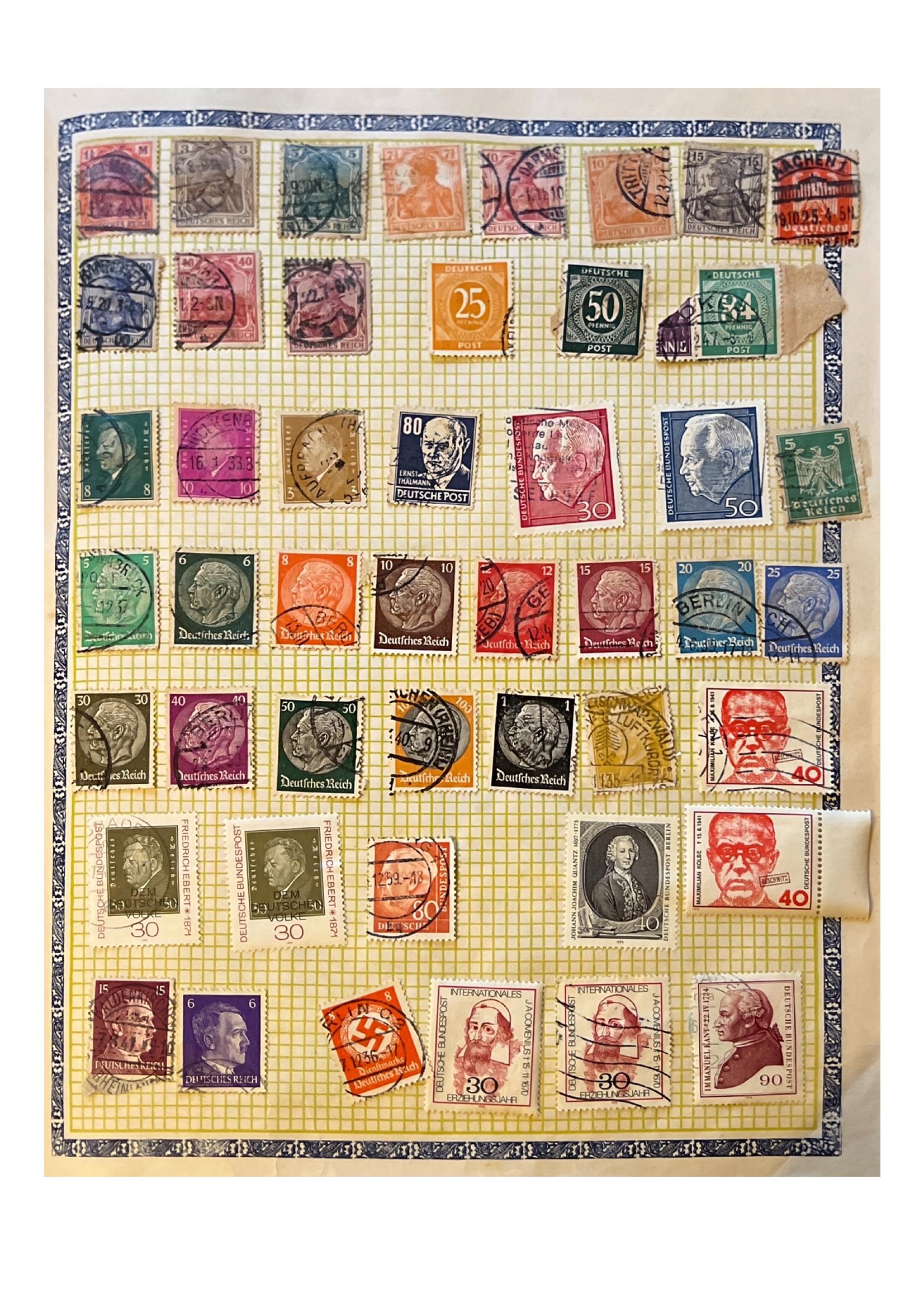
Corresponding with history – Jewish Postage Stamp Collectors and Jewish Emancipation

Nation-Building and Cultural Heritage – The Making of the Jewish National Library in Jerusalem, 1892–1948
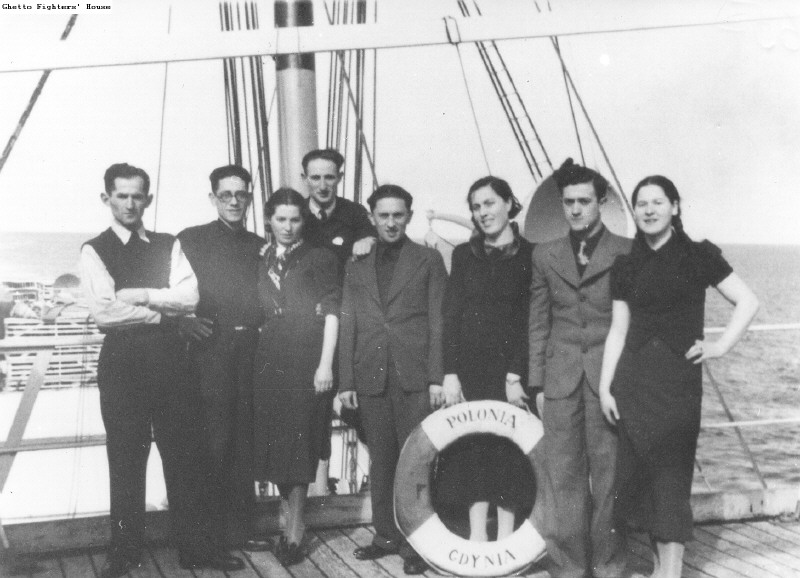
DVARIM POLANIM – Material Culture and the Changing Identity of Polish Jews in Israel across the 20th Century
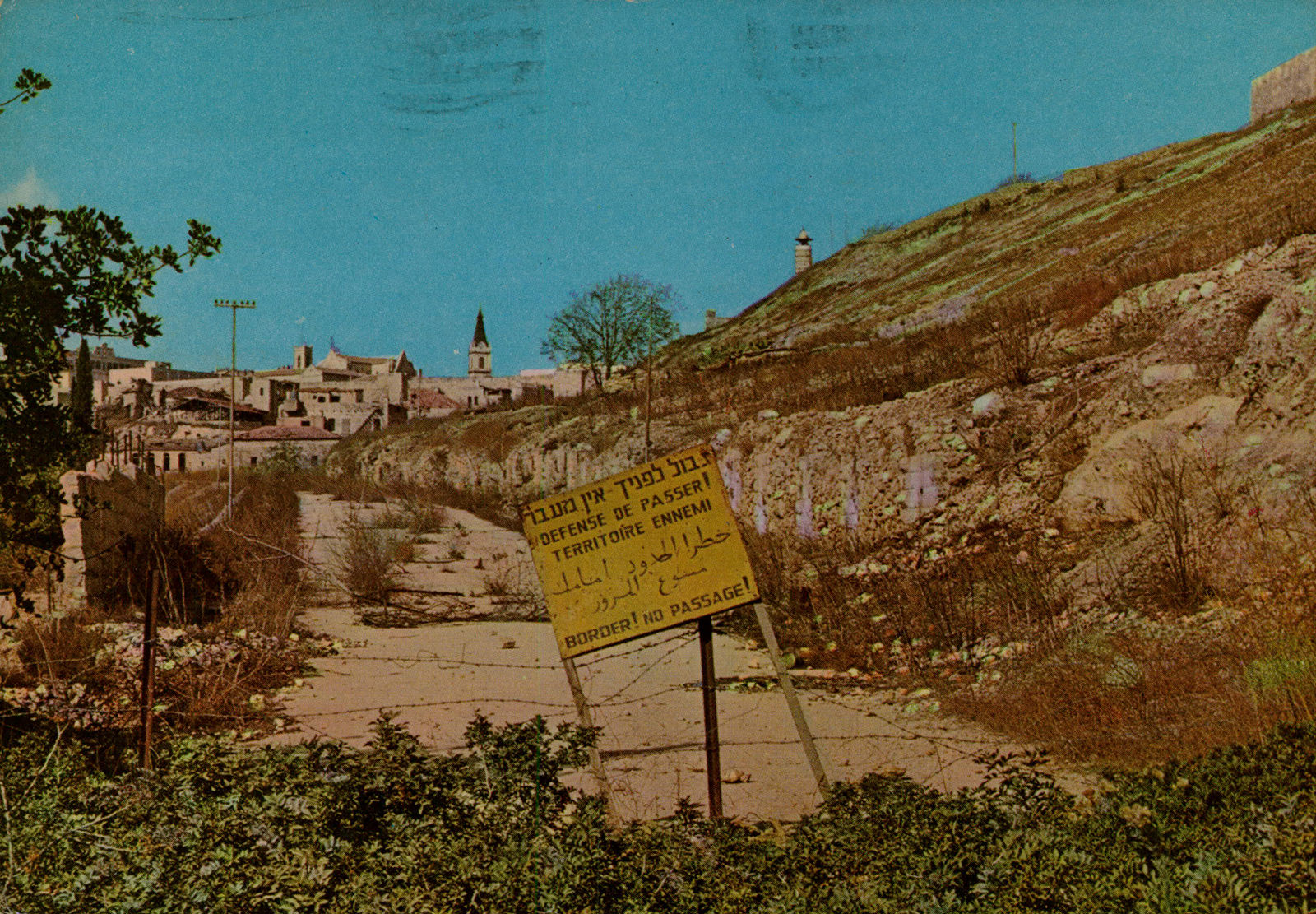
Keeping in Touch: Postcarding Borderscapes in Palestine–Israel – Material Postal Entanglements across Shifting Borders

Between Ruins and Revival – Jewish Identity and Material Heritage in Post-Communist Poland
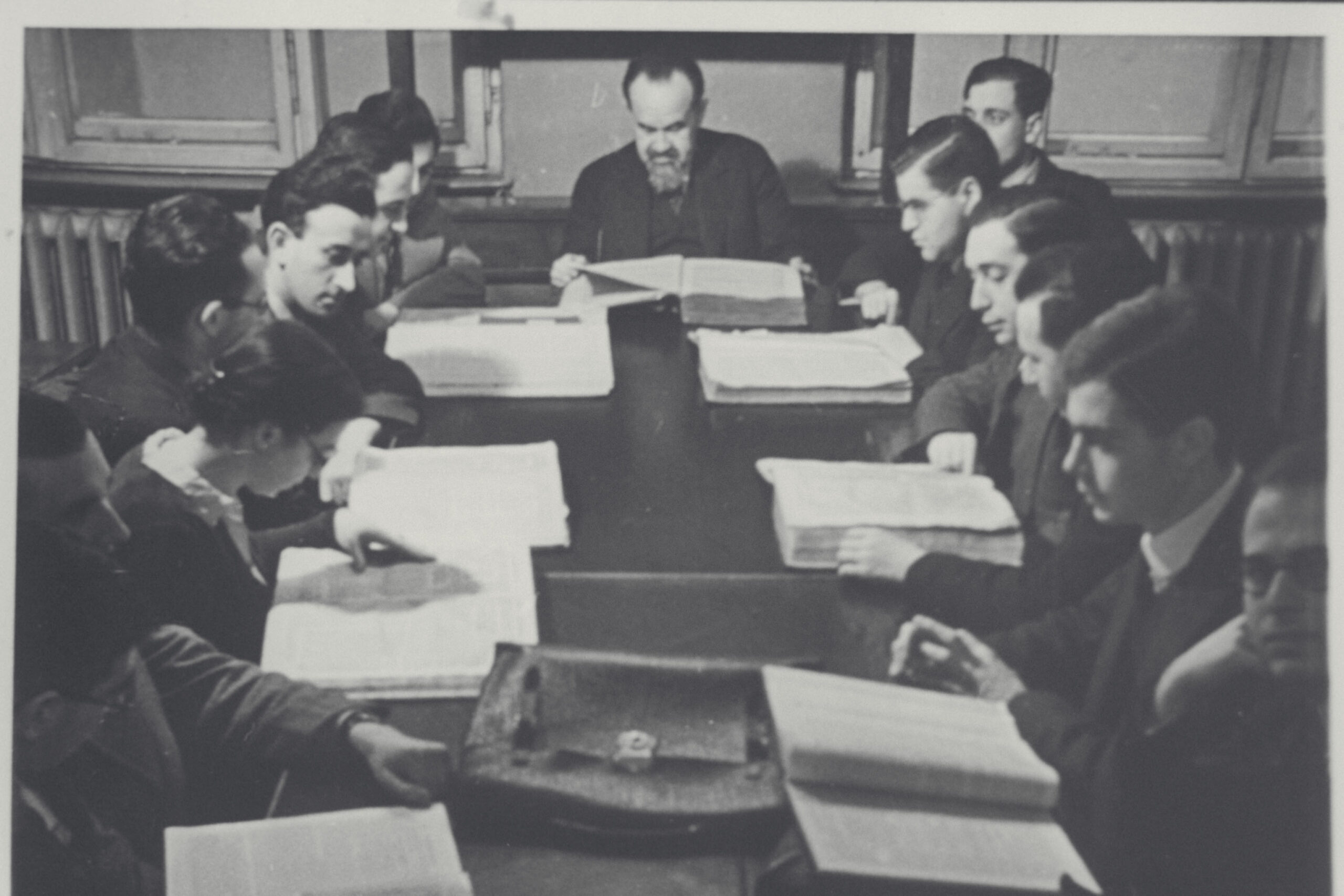
Places of Jewish Knowledge – The Wissenschaft des Judentums and its Material Sites in Berlin’s Urban Landscape, 1871–1961

Traces of belonging(s) – on the materiality of the imprisonment experience of Jewish women in the Ravensbrück women’s concentration camp
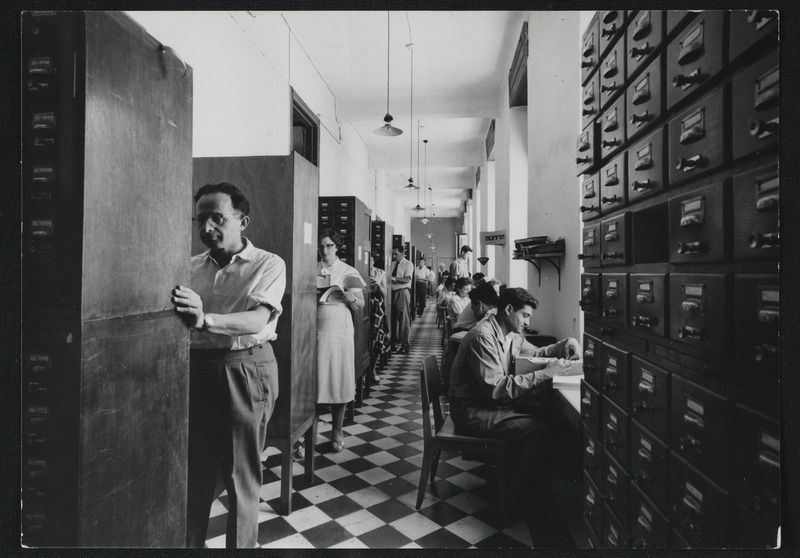
Aufbau im Übergang – Curt Wormann and the Jewish National and University Library between Nation-building and Cultural Diplomacy
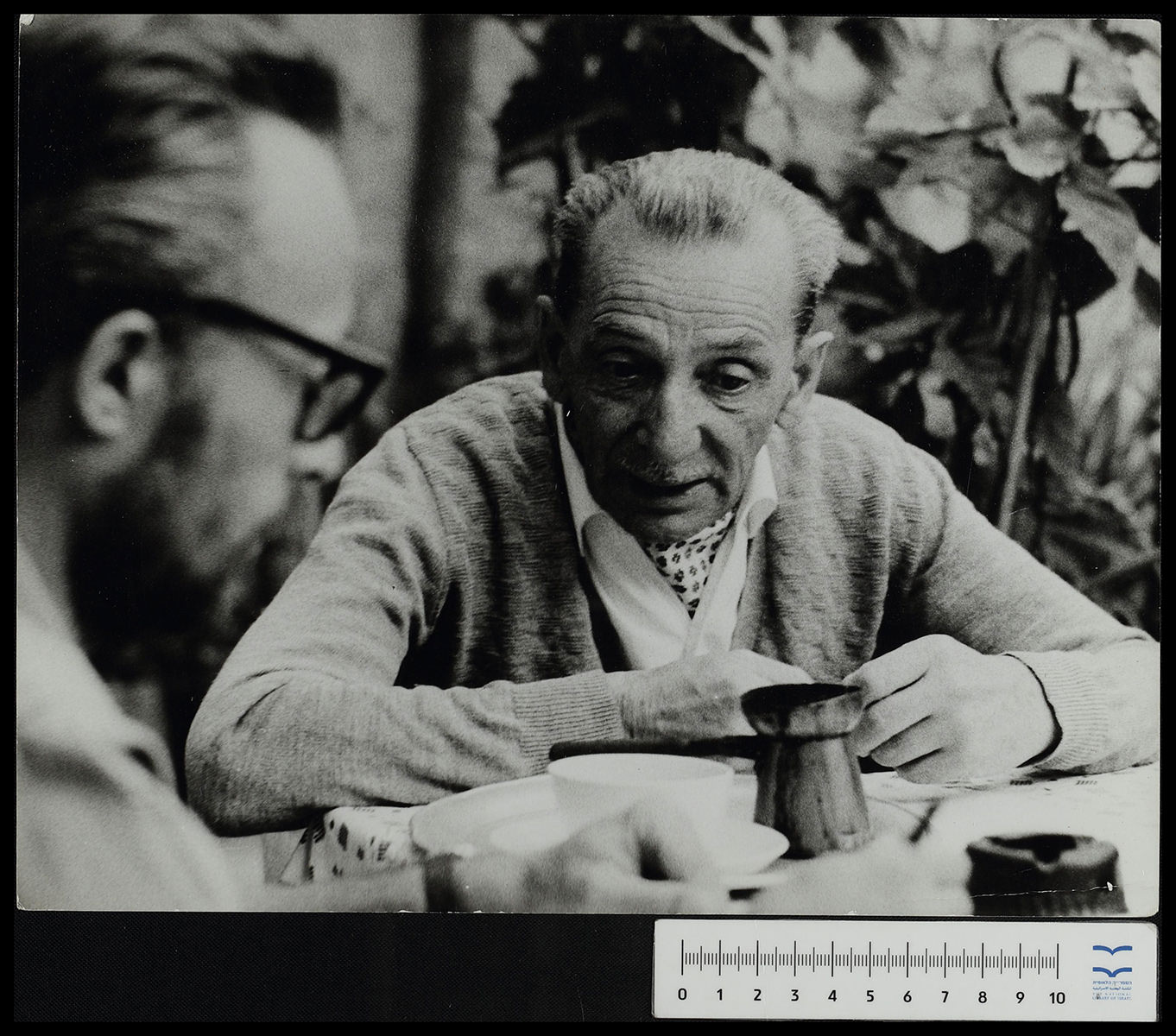
To Change, Question, and Criticize – Concepts of a ‘Werk’ and Concepts of Objects in Illustrated Magazines in Berlin and Vienna during the 1920s.
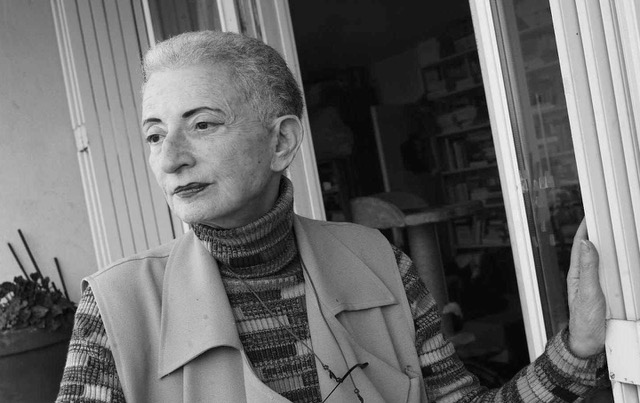
“Mes poumons comme les rouleaux de la Thora” – Towards a Poetics of the Trace: Jewishness, Exile, and Writing in the Work of Hélène Cixous

Aufbau im Übergang – Curt Wormann and the Jewish National and University Library between Nation-building and Cultural Diplomacy
My project explores the life and work of the German-Jewish librarian Curt David Wormann (1900–1991), with a focus on his pivotal role in shaping the Jewish National and University Library (JNUL) after 1945. Born in Berlin, Wormann held various positions within the city’s library system, eventually serving as the founding director of the Kreuzberg Municipal Library, before being dismissed by the Nazis in April 1933. Shortly after, he and his wife emigrated to Mandatory Palestine where Wormann was appointed Director of the JNUL in 1947. In the two challenging decades that followed the establishment of the State of Israel, Wormann played a key role in establishing and advancing both the JNUL and the broader library system in Israel. Through an exploration of Wormann’s biography, this study illuminates the evolving role of the JNUL in Israel from 1947 to 1968, marking the end of his tenure.
Through the lens of Wormann’s life and work, the study examines the translocation of books salvaged from Europe and brought to Israel, exploring how the JNUL sought to become the material and intellectual heir of European Jewry after the Shoah, and the controversies surrounding this process. Against this backdrop, a special focus lies on the library’s significance for the nascent Israeli state and society, particularly in the processes of nation-building and the formation of Israel’s collective identity through the collection, organization, and dissemination of texts.
Additionally, the project delves into Curt Wormann’s role in cultural diplomacy during the 1950s and 1960s, exploring how books served as a bridge for reestablishing cultural and scientific ties between Israel and Germany before formal diplomatic relations were established. Lastly, the study situates Wormann’s contributions within the broader history of librarianship in Israel, particularly through his engagement with UNESCO and his study visits to the United States.
